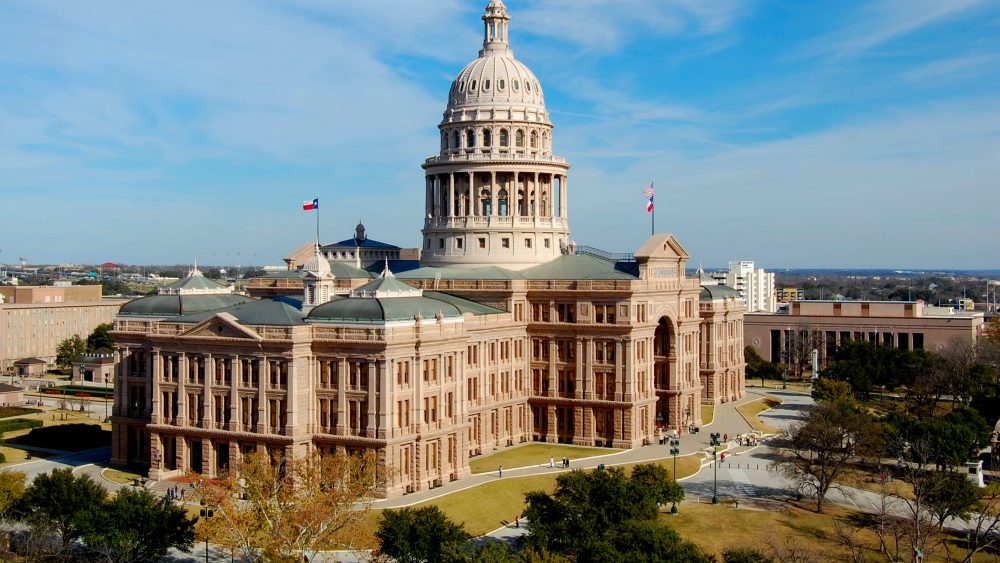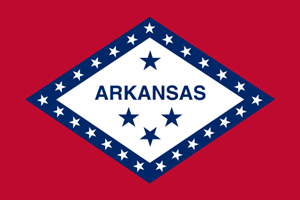June 13, 2023 •
Ask The Experts – Texas Sponsorship Laws

Q: My organization wants to sponsor a reception in Texas. State legislators, staff, and family members are likely to be in attendance. As a registered lobbyist, what are my limits and reporting obligations? As a registered lobbyist, there are several […]
Q: My organization wants to sponsor a reception in Texas. State legislators, staff, and family members are likely to be in attendance. As a registered lobbyist, what are my limits and reporting obligations?
As a registered lobbyist, there are several items to keep in mind when sponsoring an event. First, a lobbyist can provide an unlimited amount of food and beverage to an official, employee, immediate family member, or guest when the lobbyist attends the event. If not present at the event, food and beverage expenditures are limited to $100 or less.
Next, when engaging with officials at the event, sponsorship is considered a lobbying expenditure and will need to be disclosed on the appropriate lobbying report. These reports break expenditures down by type (food and beverage, entertainment, transportation, etc.) and by recipient. This may seem straightforward, but if your sponsorship goes to the organizing entity, how do you know how your dollars are being used?
The state provides some guidance here. When reporting expenditures for a reception or banquet type event, the Food and Beverage category includes all items needed to hold the event such as room rental, table settings, and printing costs. Other categories may need to be included depending on the specific event.
Additionally, you will need to know who among the attendees are in a reportable category of persons benefitted. Generally, this is state senators/representatives, state officers, state employees, immediate family members, and guests. If a combination of these groups are in attendance, or a combination of covered and non-covered individuals, the expenditure should be divided appropriately based on the numbers in each category. If all members of the legislature are invited, the entire expenditure is reported under that category. As long as all members are invited, it does not matter how many actually attend.
Finally, keep in mind the detailed reporting threshold. If the per person costs exceed the threshold, currently $132.60, the individuals must be identified and other details disclosed.
For more information, please see the “Reports Required” and “Gift Law” sections of the Lobbying Compliance Laws online publication for Texas. If you have any questions, please feel free to contact us.
February 20, 2019 •
Arkansas Ethics Commission Clarifies Gift Exception in Advisory Opinion
The Arkansas Ethics Commission clarified a gift exception in Advisory Opinion No. 2019-EC-001. A local lobbying firm wants to hold a 20th anniversary event and invite public officials. In turn, the firm requested more information regarding the exception permitting anything […]
 The Arkansas Ethics Commission clarified a gift exception in Advisory Opinion No. 2019-EC-001.
The Arkansas Ethics Commission clarified a gift exception in Advisory Opinion No. 2019-EC-001.
A local lobbying firm wants to hold a 20th anniversary event and invite public officials. In turn, the firm requested more information regarding the exception permitting anything to be given to public officials if it is also readily available to the general public.
The commission stated the exception does not apply to an event where invitations are issued to friends, family members, clients, former clients, and business associates only.
In order for an event to be readily available to the general public, the general public would have to be made aware of the event’s existence.
For the event to qualify for the gift exception, an entity could make an announcement of the event on widely-used social media platforms and through traditional media, such as a state-wide newspaper, to make sure the general public knows the event is not limited to invitees.
Additionally, holding an event at a venue open to the public, like a park or convention center, would help meet the gift exception.
January 22, 2019 •
Arizona Bill Regarding Lobbyist Gifts and Reporting Introduced
Rep. John Kavanagh introduced House Bill 2038 to the Arizona Legislature. The bill defines “hosted event” to include an event or function where one or more state officers or employees are invited and attend organized and paid for by a […]
 Rep. John Kavanagh introduced House Bill 2038 to the Arizona Legislature.
Rep. John Kavanagh introduced House Bill 2038 to the Arizona Legislature.
The bill defines “hosted event” to include an event or function where one or more state officers or employees are invited and attend organized and paid for by a principal.
Event or function includes a party, dinner, or luncheon, but does not include an athletic event or other entertainment.
A hosted event must be reported by the actual cost incurred for food, beverage, and other tangible benefits but do not include the overall sponsorship amount incurred by the principal or lobbyist.
Opponents to the bill say only reporting the food and beverage amount and not including the price of the ticket to the event is misleading.
State and Federal Communications, Inc. provides research and consulting services for government relations professionals on lobbying laws, procurement lobbying laws, political contribution laws in the United States and Canada. Learn more by visiting stateandfed.com.

